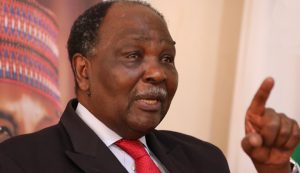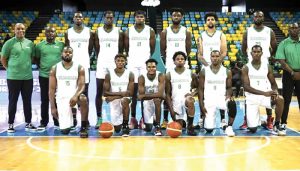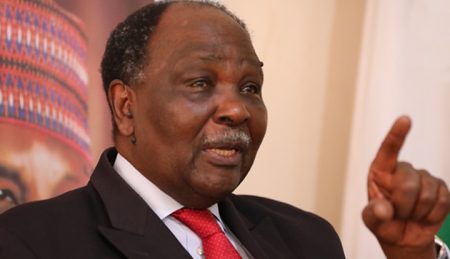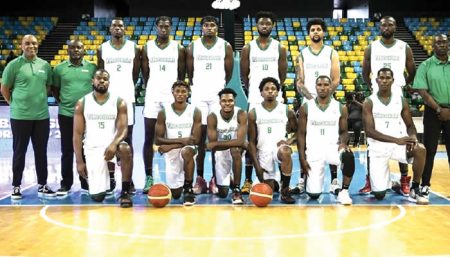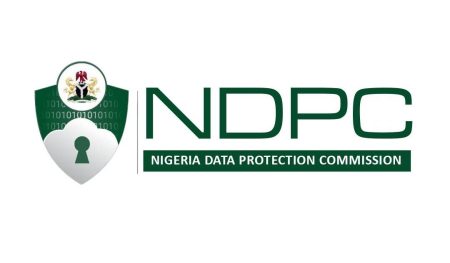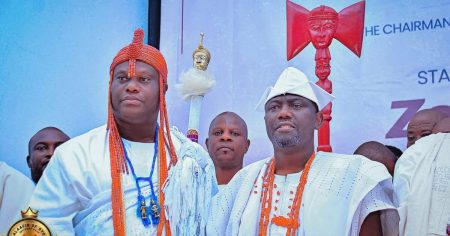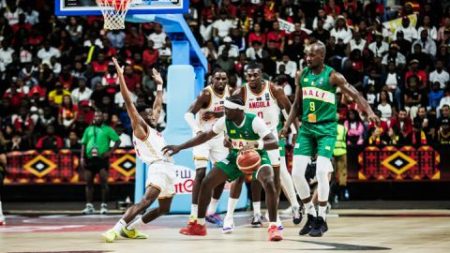The Human and Environmental Development Agenda (HEDA Resource Centre), a prominent anti-corruption and human rights organization, has issued a 14-day ultimatum to the Attorney-General of the Federation (AGF), Lateef Fagbemi (SAN), demanding the reinstatement of N60 billion fraud charges against Ahmed Kuru, the former Managing Director of the Asset Management Corporation of Nigeria (AMCON). HEDA’s petition, signed by its Chairman, Olanrewaju Suraju, contends that the AGF’s decision to withdraw the charges constitutes an overreach of his constitutional authority and a potential obstruction of justice. Failure to comply with the ultimatum, HEDA warns, will result in a formal petition to the Nigerian Bar Association’s Disciplinary Committee accusing the AGF of abuse of office and the pursuit of other legal avenues both domestically and internationally.
The crux of the dispute revolves around the dismissal of the fraud case against Kuru by Justice Rahman Oshodi of the Lagos State Special Offences and Domestic Violence Court on July 24, 2025. The dismissal followed a notice of discontinuance filed by the Director of Public Prosecutions of the Federation, M.B. Abubakar, acting on behalf of the AGF. HEDA argues that the AGF’s intervention in a case originating under Lagos State criminal law is unconstitutional, citing Section 174 of the 1999 Constitution, which limits the AGF’s jurisdiction to federal matters. Furthermore, they invoke Section 211, which vests exclusive power over state-level prosecutions with the Attorney General of Lagos State. HEDA’s petition reinforces its argument by referencing the Supreme Court decision in FRN v. Osahon (2006) and the precedent set in State v. Ilori (1983), both of which affirm the principle of distinct federal and state prosecutorial powers.
HEDA emphasizes the importance of allowing the legal process to run its course, asserting that a criminal defense is an opportunity for an accused individual to clear their name, not a mechanism for political shielding from justice. They underscore the significance of Kuru’s co-defendant’s guilty plea, subsequent plea bargain, and forfeiture of assets to the Economic and Financial Crimes Commission (EFCC) as further justification for pursuing the case. This, they argue, strengthens the grounds for continuing the prosecution against Kuru and underscores the potential for uncovering the truth surrounding the alleged fraud.
The organization draws a parallel to a similar incident in 2018 involving a failed attempt by the former AGF, Abubakar Malami (SAN), to discontinue a corruption case against John Abebe, an in-law to former President Olusegun Obasanjo. They highlight the successful opposition to this move by Rotimi Oyedepo (SAN), currently a Special Adviser in the AGF’s office, who at the time persuaded Justice Dada to reject the discontinuance application. By invoking this precedent, HEDA seeks to demonstrate a pattern of potential political interference in the judicial process and to emphasize the need for consistency and adherence to legal principles.
In response to the allegations, AGF Fagbemi publicly stated that the withdrawal of charges against Kuru was not politically motivated but rather based on a lack of evidence directly implicating him in the alleged fraud. He explained that the funds in question were recovered, both principal and interest, and that the investment was made in AMCON’s name, not Kuru’s. However, the AGF also revealed that Kuru is still facing other legal challenges, specifically mentioning two other cases: one involving approximately N5 billion and another related to Kuru’s activities within Arik Airline. While maintaining the innocence of Kuru in the N60 billion case, Fagbemi’s acknowledgment of these other ongoing investigations adds another layer of complexity to the situation.
HEDA’s ultimatum sets the stage for a potential showdown between the organization and the AGF. The organization’s commitment to combating corruption and upholding human rights pits them against the AGF’s assertion of prosecutorial discretion based on evidentiary considerations. The outcome of this standoff has the potential to significantly impact the perception of the independence of Nigeria’s judicial system and the government’s commitment to combating corruption. The coming weeks will be crucial in determining whether the charges against Kuru are reinstated, and whether the AGF faces further scrutiny over his decision to discontinue the initial case. The public discourse surrounding this matter will undoubtedly continue to highlight the ongoing challenges of ensuring accountability and transparency within Nigeria’s justice system.


